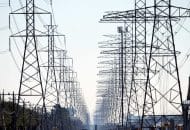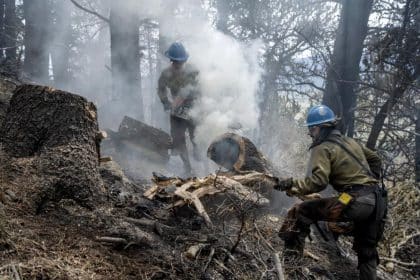A Convicted Felon Can Run but He Can’t Vote
COMMENTARY

Although the U.S. Constitution does not positively guarantee a right to vote, the Supreme Court has identified voting as a fundamental right. The 15th, 19th and 26th Amendments have, respectively, further prohibited voting restrictions on the basis of race (1870), sex (1920) and age over 17 (1971). All but two states legally continue to bar convicted felons from voting.
Legislators have decided that felons who have committed egregious crimes have violated the social contract and cannot be trusted to vote in the common interest. Prisoners might further be subject to undue influence by their overseers.
States have increasingly decided to restore this right to all ex-felons once they have served their sentences. Voting arguably helps them integrate back into society. Florida is a state that has provided for restoration of the vote to ex-felons (albeit not to some who have committed electoral fraud) who have paid restitution, court fees and fines.
Florida’s laws are especially relevant because former President Donald Trump, who lives there, is facing multiple felony counts. Trump has already lost a number of civil suits in recent months. These include two expensive libel cases against him by journalist E. Jean Carroll and a massive financial judgment for business fraud in New York. Fox News and other friends have also found themselves on the losing end of Trump-related civil cases.
Trump currently faces four separate sets of criminal felony indictments. These include 34 indictments in New York for falsifying business records to cover up a series of payments to porn star Stormy Daniels; Special Counsel Jack Smith has brought four counts of conspiracy to obstruct the results of the 2020 president election against him in Washington, D.C.; a grand jury has indicted Trump in Florida for 37 counts of illegally retaining, concealing and making false statements related to top-secret documents; and the state of Georgia has accused him of 18 felonies under its Racketeer Influenced and Corrupt Organizations Act for election-related offenses.
Trump is legally presumed innocent unless and until he is convicted. The wheels of justice grind slowly, and Trump is hoping that the Supreme Court will overturn lower court decisions affirming that no individual is above the law by granting him immunity for all alleged crimes committed while in office. All of these cases are unlikely to be resolved prior to the presidential election. However, a judge has set the trial date for the Stormy Daniels case for March 25, and others could proceed before this election.
Even though both state and federal agencies have indicted him, Trump has politically capitalized on the charges against him by portraying himself as a martyr to Biden’s Justice Department. He has even raised money by publicizing his mug shot in Georgia.
Criminal convictions require proof beyond a reasonable doubt, and Trump’s trials could result in not guilty verdicts or hung juries, but it is quite possible that he will be a convicted felon prior to the presidential election. He might even be imprisoned, as was the Socialist Party presidential candidate Eugene V. Debs in 1920.
Trump’s die-hard supporters will likely vote for him even if he becomes a convicted felon, but if he is convicted, he will be unable to vote for his own electors. It will be incongruous if a society that prohibits felons from voting were to re-elevate one to the nation’s highest public office.
John R. Vile is a professor of political science and dean of the University Honors College at Middle Tennessee State University, and the author and editor of numerous books on constitutional issues. He can be reached by email.
























